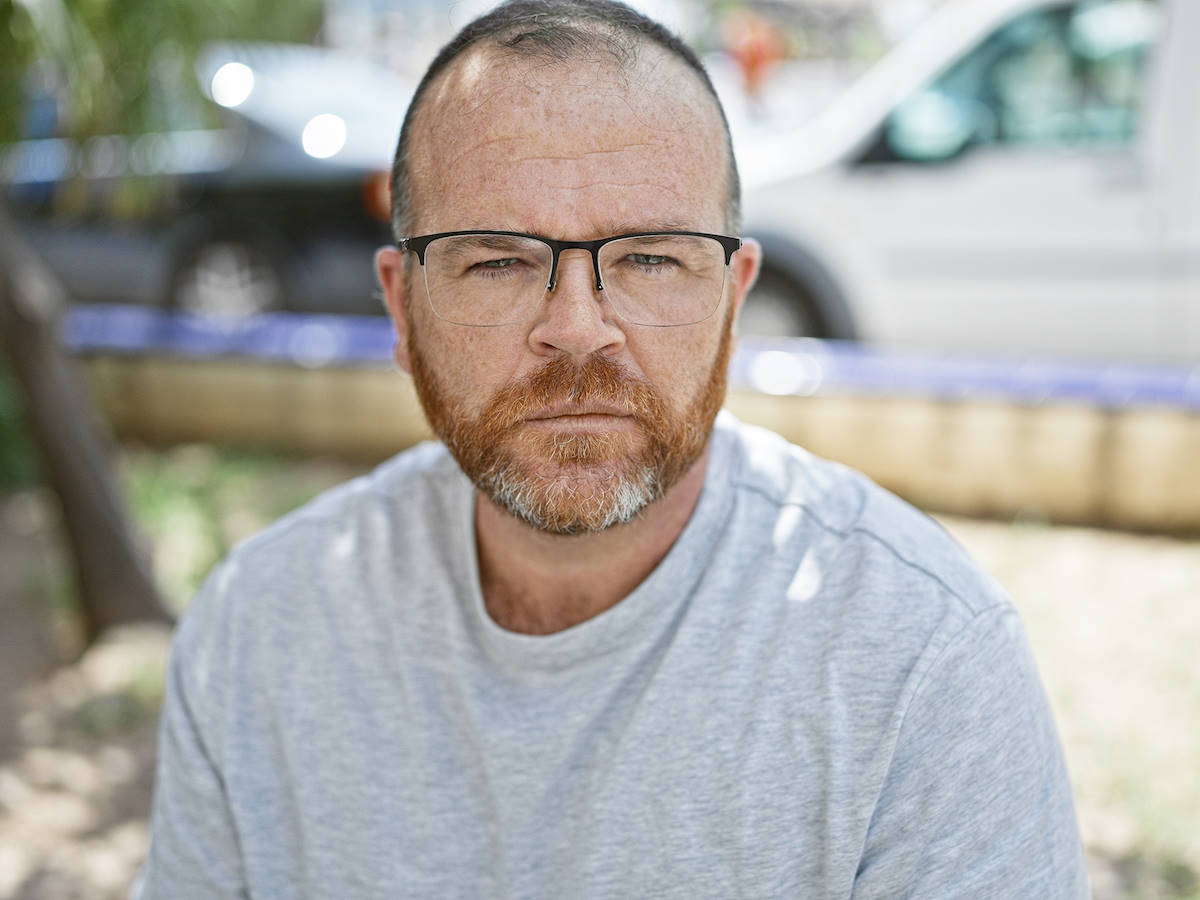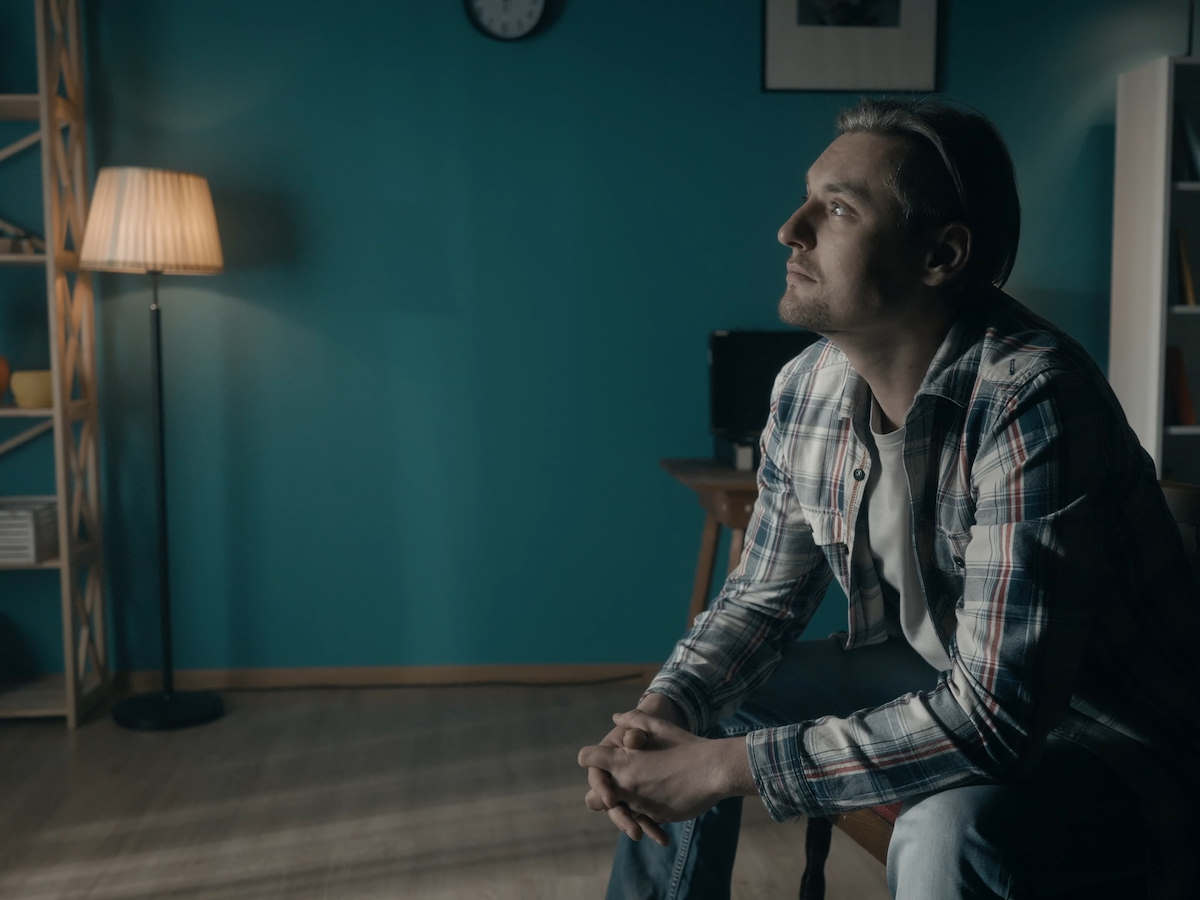When someone you love is struggling with their mental health, it can be hard to know how to help. At Into The Light in Redlands, we understand how challenging it can be to watch a partner, father, or son go through this.
Studies show that nearly half of all lifetime mental health conditions begin by age 14, and three quarters by age 24. This highlights why early awareness and support matter, especially in community-based programs that help families balance care with daily life in the Inland Empire. You may notice changes in their mood or behavior, but feel unsure what to say or how to help.
If your loved one is in outpatient care, or if you think they may need it, you have an important role to play. Your encouragement, patience, and understanding can help them feel less alone and more open to getting the support they need.
Understanding Outpatient Mental Health Care for Men
Outpatient care allows men to receive treatment while continuing to live at home. This makes it easier to balance therapy with work, school, or family life.
A typical outpatient program may include individual counseling, group therapy, psychiatric care, skill-building, and holistic practices like mindfulness or stress management, with opportunities for developing life skills through life coaching and job support. Sessions are scheduled throughout the week, giving participants a consistent routine without removing them from their daily responsibilities.
Intensive Outpatient Programs (IOP) offer more frequent sessions for those who need additional structure and support, while still maintaining the flexibility to be at home. Some men may benefit from a Partial Hospitalization Program, which offers even more structure while still allowing them to live at home.
Understanding the differences between PHP, IOP, and outpatient mental health treatment can help families choose the right level of structure and support.
Signs a Loved One May Need Mental Health Support
Sometimes the signs that someone is struggling are easy to miss, especially if they are good at hiding what they feel. Knowing what to look for can help you step in early if you are seeking help for your son’s mental health or another loved one.
Emotional changes:
- Irritability or anger that feels out of character
- Withdrawal from friends, family, or activities
- Expressions of hopelessness or worthlessness
Behavioral changes:
- Neglecting work, school, or home responsibilities
- Avoiding conversations or staying isolated
- Increased use of alcohol or drugs
Physical signs:
- Constant fatigue or low energy
- Changes in appetite or sleep patterns
- Neglecting personal hygiene
Conditions such as anxiety, depression, OCD, bipolar disorder, schizophrenia, and other mood disorders can all impact a man’s daily life. Some men may hide their struggles behind a smile, making recognizing hidden depression in men an important skill for loved ones.
How to Support a Loved One Without Overstepping
Supporting someone in treatment is about creating a safe, respectful environment for them to share without feeling pressured. Here are a few ways to do that:
- Use “I” statements. For example: “I’ve noticed you seem more tired lately, and I am concerned about you.”
- Listen without rushing to give advice. Sometimes what they need most is to be heard.
- Ask open-ended questions like “How have you been feeling about therapy lately?”
- Avoid criticism or ultimatums. These can shut down communication.
- Respect their pace. Progress can take time.
Your role is not to fix everything but to remain consistent and supportive while they work through their recovery.
Family Involvement in Outpatient Mental Health Treatment
Family involvement in outpatient care often improves progress, especially when the right kind of support is in place. In some cases, men choose to involve family members through family group therapy check-ins or updates, as long as they feel comfortable sharing.
This involvement can help keep everyone informed, build trust, and strengthen the support system outside of therapy. If your loved one invites you into this process, it is a chance to learn more about what they are experiencing and how you can help in ways that align with their treatment goals.
Setting Boundaries and Practicing Self Care as a Supporter
Caring for someone in mental health treatment can be emotionally taxing. Without healthy boundaries, you may find yourself feeling drained or resentful.
Boundaries are not about distancing yourself from the person. They help you protect your own well-being so you can remain a reliable source of support. This might mean setting limits on how much time you spend discussing certain topics, or making sure you also spend time on activities that restore you.
Self-care could include:
- Attending a support group for families
- Talking with a therapist
- Practicing mindfulness or relaxation techniques
- Making time for hobbies and friends
- Working with a life coach or accessing job support
Taking care of yourself ensures that you can keep showing up for the person you love.
The Benefits of Early Mental Health Support
Many believe a person must hit rock bottom before they can improve. In truth, seeking help early often leads to better, longer-lasting recovery. Effective mental health treatment is available before a crisis point.
Research shows that long delays between the first signs of a mental health condition and treatment average around eleven years, often worsening the course of illness. Early support can help prevent escalation and support more stable outcomes.
It can also help men who have been struggling for a while with mood disorders regain structure, rebuild confidence, and reconnect with life in a healthier way. A trauma-informed approach can help address the root causes that contribute to mental health challenges.
Into The Light Outpatient Programs for Men and Families
Into The Light provides outpatient and intensive outpatient mental health care designed specifically for men. We address the whole person, integrating emotional, physical, and social support. Our approach includes evidence-based therapies such as Cognitive Behavioral Therapy, Dialectical Behavioral Therapy, and Cognitive Processing Therapy, along with medication management, holistic practices, and clinical support.
Clinical research finds that CBT produces response rates ranging from 38 percent for obsessive-compulsive disorder to 82 percent for body dysmorphic disorder, which is significantly higher than outcomes for untreated groups.
We create a nonjudgmental environment where men can speak openly and take meaningful steps toward wellness. Families are welcome to connect with our team to learn more about how to support their loved one’s progress, while respecting their privacy and autonomy.
If you still have questions about how outpatient care works or how you can best support a loved one, these answers may help.
FAQ
What is outpatient mental health treatment?
Outpatient mental health treatment allows a person to attend therapy sessions and other services while living at home. It provides structured care without the need for overnight stays.
How can I tell if my loved one needs mental health support?
Look for changes in mood, behavior, and physical habits, such as withdrawal, irritability, fatigue, or neglect of responsibilities.
Can family members be involved in outpatient care?
Yes, if the person in treatment is comfortable sharing updates. Family participation can help create a stronger support system and improve treatment outcomes.
What if my loved one refuses to seek help?
Express your concern without judgment, share specific observations, and let them know you are ready to support them when they are ready to accept help.
How long does outpatient treatment usually last?
The length varies depending on individual needs, but many programs last from a few weeks to several months, with flexibility for ongoing care if needed.
Getting Help for a Partner, Father, or Son in Redlands
If your loved one is facing mental health challenges, we can help you explore the right care with compassion and practical guidance. Contact Into The Light today to learn how our outpatient programs in Redlands can support his recovery and give you the guidance you need along the way. We are proud to offer mental health support for men in Redlands and across Southern California.


